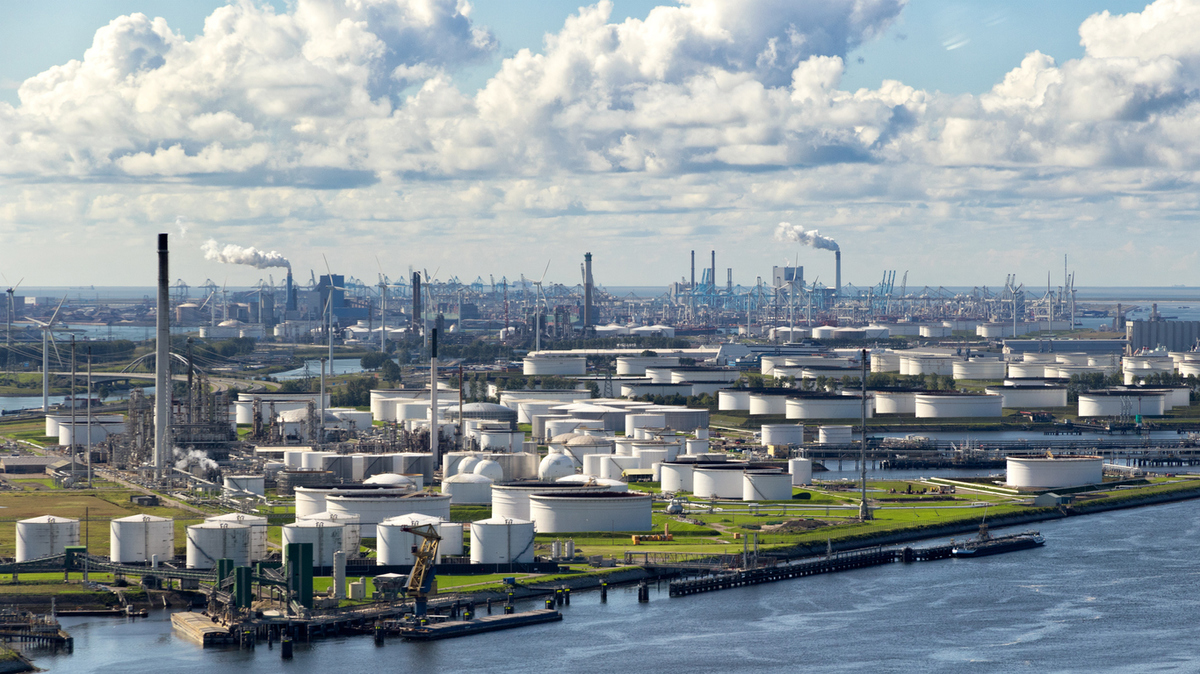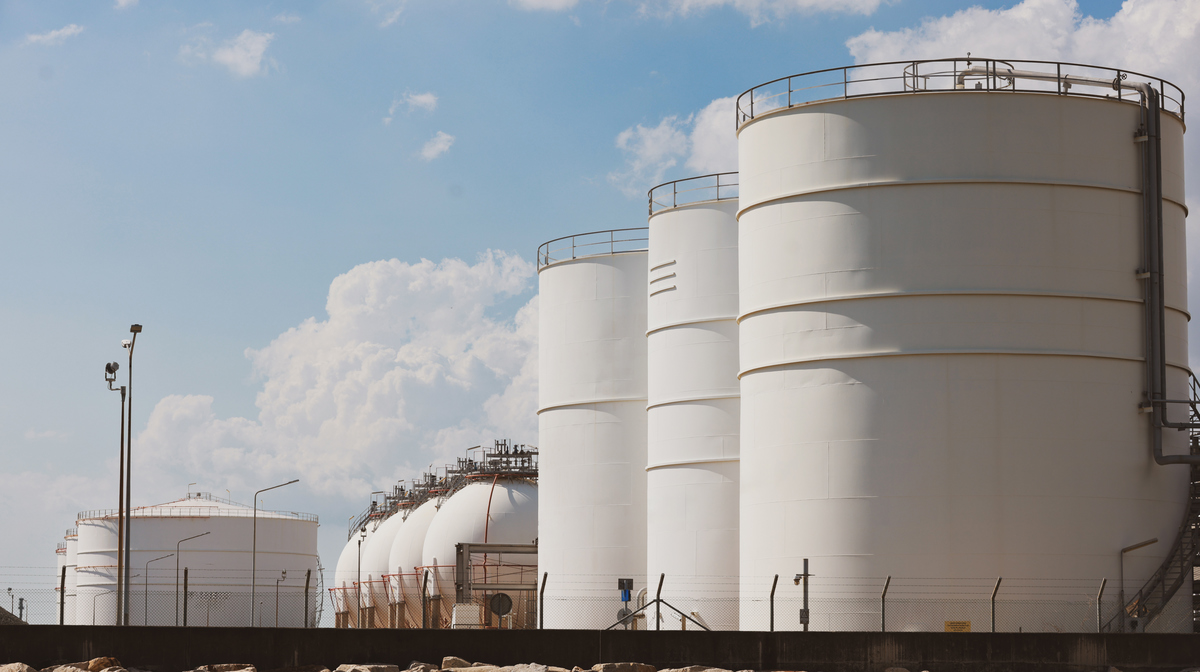Rotterdam oil products throughput markedly down with Russian phase-out in 2022
Oil products throughput in Rotterdam dropped by nearly 11% on the year to 58.9 million mt in 2022.
 PHOTO: Oil refinery and storage tanks in the Port of Rotterdam, Netherlands. Getty Images
PHOTO: Oil refinery and storage tanks in the Port of Rotterdam, Netherlands. Getty Images
The port authority says that the fall in the throughput of oil products was mainly because of “the structural fall in the imports and re-exports of fuel oil and the sanctions targeting Russia.”
Following the EU's ban on imports of seaborne Russian crude oil from 5 December last year, the EU also banned imports of refined Russian oil products from 5 February this year.
European buyers reduced their imports of Russian oil and oil products last year and switched to other non-Russian sources for imports, the port authority says.
Russia used to be the biggest source of fuel oil to the ARA and transhipments to several other European ports. No Russian fuel oil cargo imports to the ARA have been picked up by the cargo tracker Vortexa since January this year. This indicates that Russian fuel oil imports were phased out in January, after making up 10% of the ARA's total in December last year.
Meanwhile, the port’s total throughput of liquid bulk cargo, which includes crude oil, LNG, and oil products, increased by 4.0% to 212.8 million mt in 2022. This was mainly because of increase in crude oil and LNG volumes.
Demand for LNG was very strong last year as an alternative to the natural gas entering Europe via pipeline from Russia, the Port of Rotterdam Authority says.
The port’s throughput of bulk cargoes increased by 1.7% on the year to 80.1 million mt in 2022.
The port authority highlights that war in Ukraine and sanctions against Russia has changed the usual flow of goods. However, Rotterdam’s total throughput in 2022 was “virtually unchanged” from the previous year at 467.4 million mt, it says.
“2022 was an extraordinary year in many ways. The war and the sanctions led to changes in energy flows around the world and high energy prices, and therefore high inflation and the weakening of the economy. The Rotterdam business sector and all service providers were able to respond quickly and effectively,” the Port of Rotterdam Authority’s chief executive Allard Castelein says.
By Shilpa Sharma
Please get in touch with comments or additional info to news@engine.online





